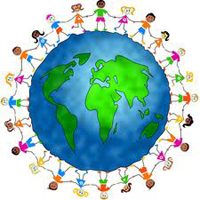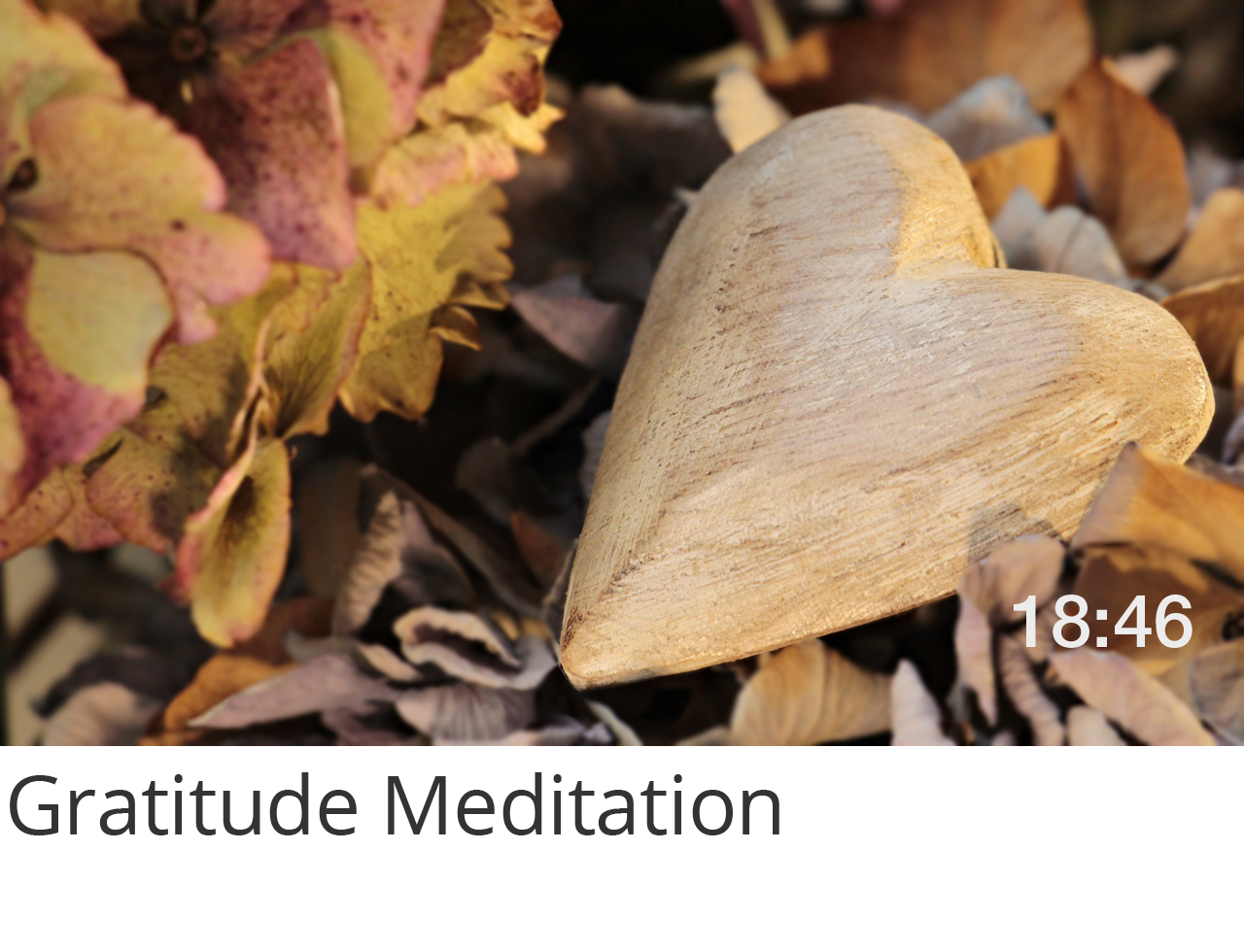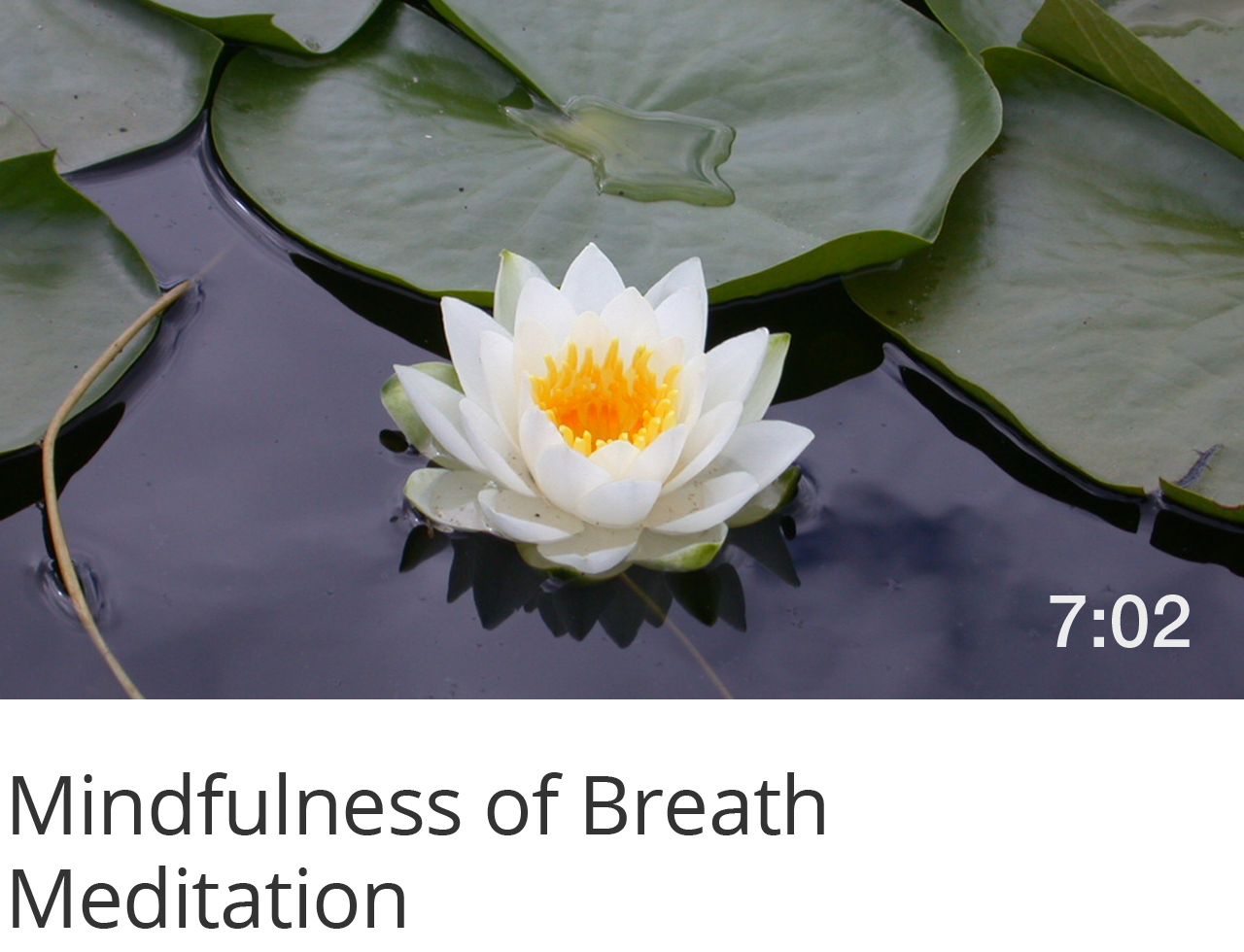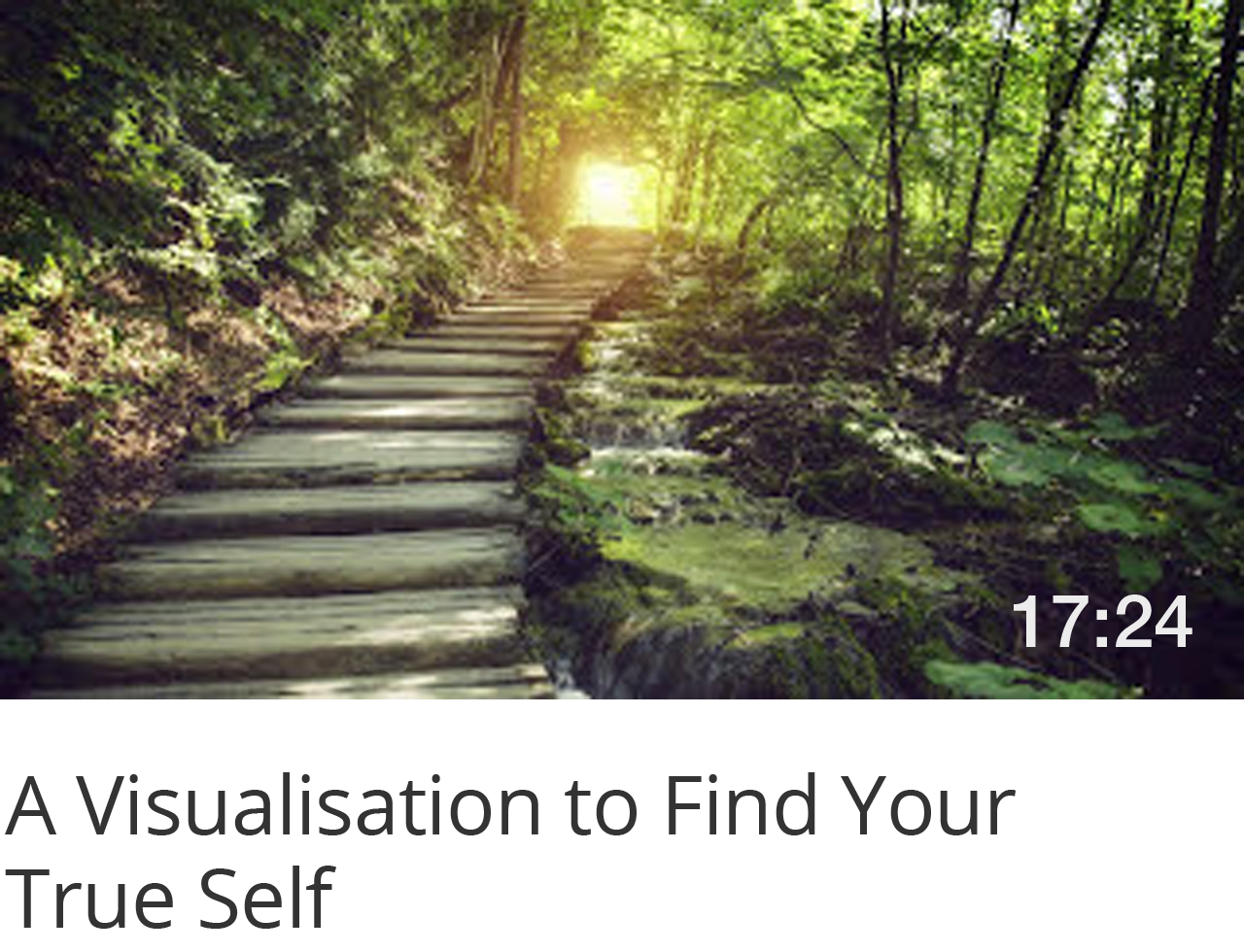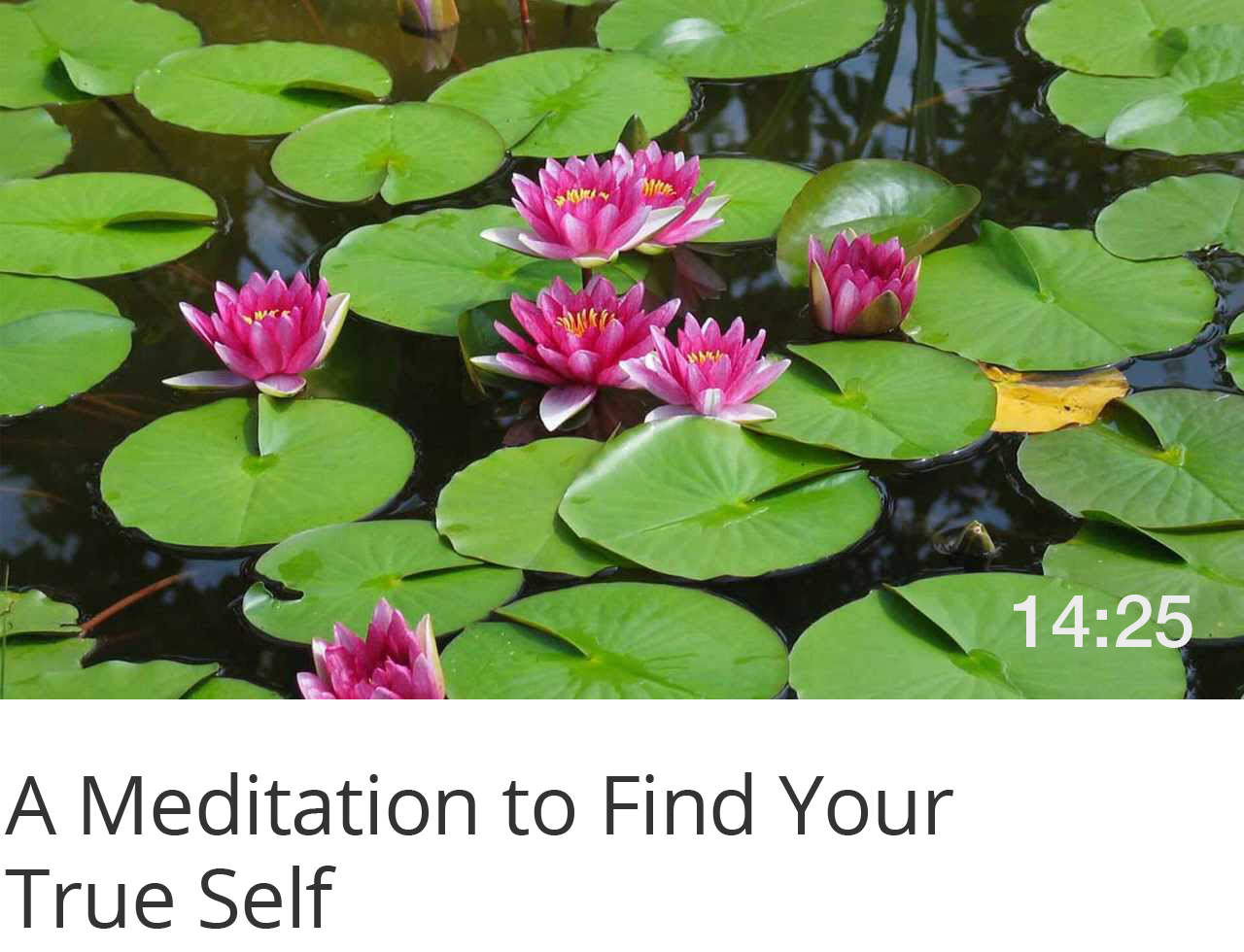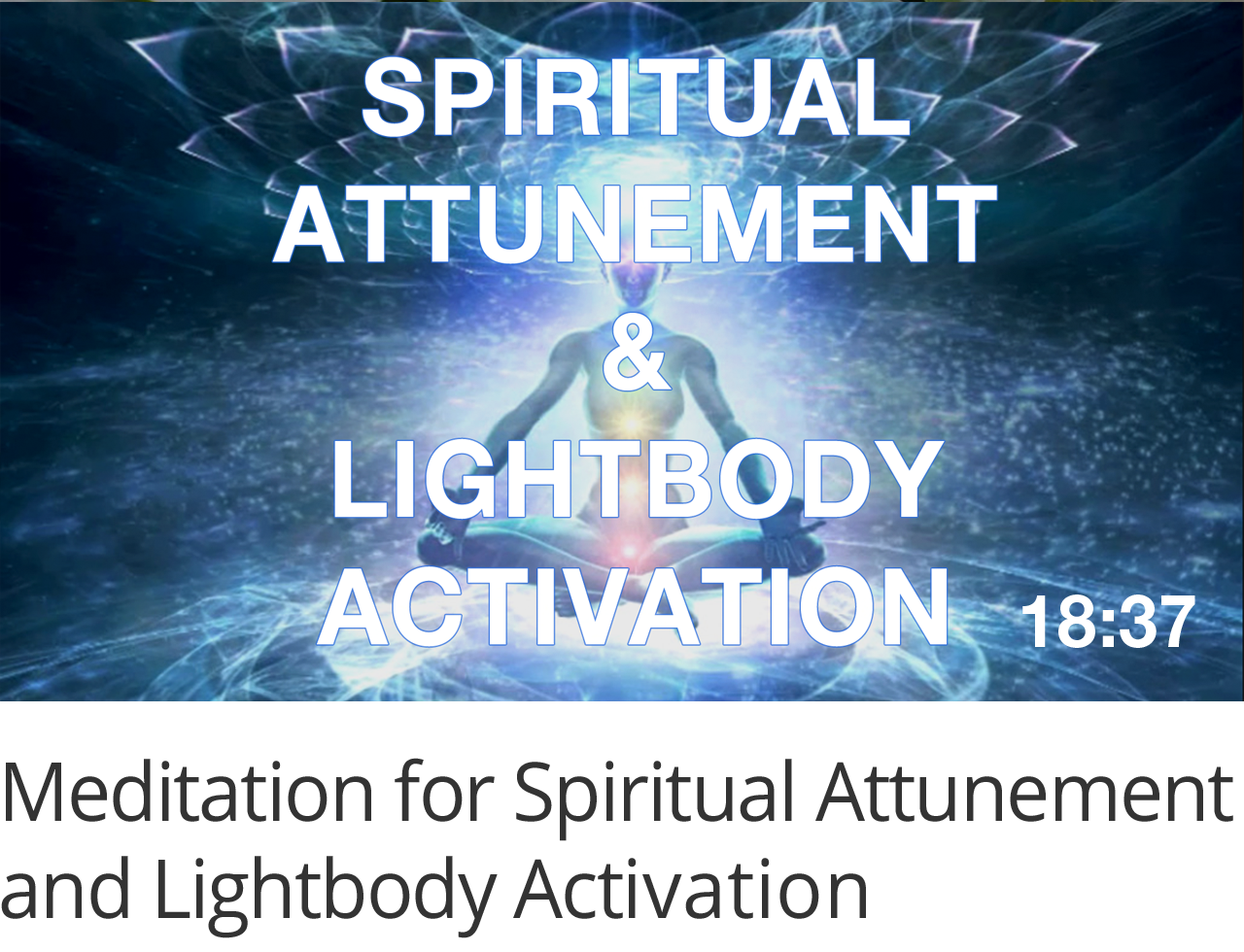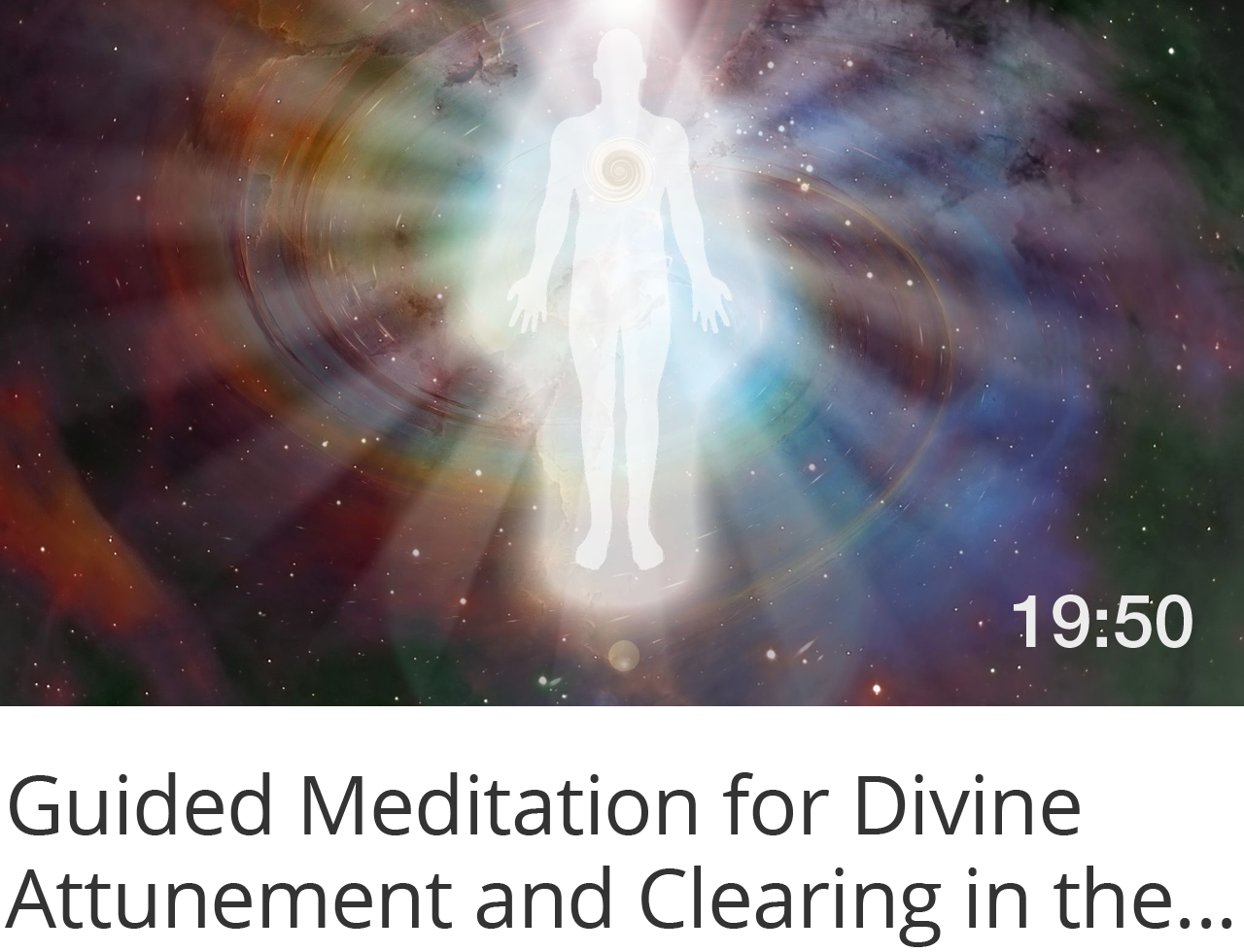World change is within the hands of us all. How many of us—if we are honest—look to others to take the responsibility for world change? How many of us are preoccupied with too many distractions to devote our time to world change? World change does not mean that we have to carry the weight of the world and be solely responsible for making it a better place. We change the world by ceasing to reinforce inauthentic and unsustainable ways of living, by living authentically, and—crucially—by joining together with others in communities and networks to create that better world. If you choose to practise kindness today, or to put down your smart phone and connect with natural life, or to spend your money locally on a sustainable product, you are starting to help change the world, for you a breaking a destructive pattern. But don’t stop there, for change is most needed on a deeper, structural level.
Why is World Change Important?
World change is important to relieve suffering, and as such is an act of compassion. When we embody our true self, it is only natural to want to live in a world where our compassion guides our actions. Suffering is a symptom of inauthentic living, and the breakdown of the whole that occurs when we dissociate from our true self.
Unfortunately, the dominant practices of mass society are unsustainable, which means they can not carry on forever, and will create more and more suffering as less and less life is supported. As we break down the ecology of the whole, we break down our life support systems—the matrix of life that supports us. As I wrote in my post Spiritual Health:
- 10,000 species become extinct each year
- 12-15 million hectares of forest are lost each year
- 1 percent of topsoil is eroded each year
While the ecological costs of inauthentic and unsustainable living are not confined to these three alarming ecological trends, I list them here as important and easily graspable signals that world change is needed.
The breakdown of the whole occurs socially as well as ecologically. The social support systems created by true community are being lost as local community breaks down due to such factors as identifying with the narrow ego-self, living in mass society, using a debt-based money system in an oversized economy, and dissociating into the spectacle of materialism. Wars are erupting as competing powers jostle over territory, scarce resources, and the control of markets. All these are important signals that current living practices are not just ecologically unsustainable, but also socially unsustainable.
Can we as individuals afford to bury our heads in the sand and dare to say that world change is not our responsibility? World change is the responsibility of us all because we are all part of the web of life, and therefore are all part of the solution. The practice of expecting world change to come from above does not deliver results, misses the point of what world change is about, and only perpetuates suffering through the preservation of hierarchy and patterns of dissociation.
The Three Key Ingredients of World Change
World change is within our hands precisely because we are part of the web of life, and, on a deeper level, are the web of life. The illusion that we have no power is bound up with the illusion that we have a limited and insignificant identity. As we find our true self and embrace that true self, we release our limiting beliefs and patterns of behaviour generated by our ego-based reactivity, and grow in self-empowerment.
Here are the three key ingredients of world change:
- Mindfulness as a tool of self-realisation. Mindfulness is the practice of consciously directing our attention on our experience in the present moment, without reactivity or distraction. This is important for world change because if we are fully present with mindfulness, we can embrace our full self and become aware of our authentic needs; can be present to our local community and bioregion; can have full attention; can maximise our choices; and can maximise healthy control of our energy and will. Mindfulness also facilitates conflict-resolution and peacemaking, and opens us up to compassion and gratitude that are essential motivational forces for positive world change. Mindfulness also enables us to let go of the disabling excuses, patterns, and weaknesses that hold us back from taking action for positive world change. These patterns include dissociating and indulging the narrow ego-self and its reactive desires and addictions. Too often I see intelligent and seemingly aware people not involving themselves in authentic world change or building authentic community because they are just interested in promoting themselves to compete in the mass market of mass society.
- Community-building as a tool of self-realisation. We all need the support of authentic community. World change requires collective action, which must start in the local community to be truly effective, for the local community is the next extension of ourselves, and is the only place where we can meet face-to-face to create world change together. An authentic local community is also our support network and our means for growing in self-realisation through the authentic relationships we build with others, and the opportunities for personal growth this presents us with. An authentic local community enables us to support each other in stepping out of mass culture and living our lives with full creativity as authentic artists of living. One of the most important support networks that a community can create for world change is a local economy that uses a local currency, a debt-free money system, and gifting to help provide material support. This ensures that a community is not invaded by and torn apart by the oversized forces of the mass market, unsustainable growth, and the associated mass culture and spectacle of materialism. An authentic local community supports itself and places control of our material reality and our physical relationships back into our own hands. As part of this process, it enables important community services to be returned to the community itself, where decisions can be made with better local knowledge and carried out through authentic, heart-based, and non-hierarchical relationships. The practice of monetising important community services and displacing them onto impersonal and remote government agencies and businesses in hierarchical relationships of power is guaranteed to break up community and destroy self-resourcefulness and self-determination, and will always fail to meet authentic needs—because the so-called solutions are reduced to issues of debt-based money and are imposed hierarchically instead of developed organically by the people as a whole.
- Ecological Living as a tool of self-realisation. The bottom line that drives the need for positive, sustainable world change is the fact that we are embedded in an ecological web of relationships that sustains us. What we do to that web we do to ourselves. Developing ecological awareness and embracing our ecological self is thus key to world change. When we look more deeply, we see that our economies—no matter how synthetic—always have their basis in the natural environment, and that human community can not actually be separated from the natural community of ecosystems. One of the benefits of reconnecting with nature is that it grounds us into our essential nature, breaking us out of the trance of mass culture and compulsive thinking, so that we can be fully present and fully ourselves. Ecological living teaches us to honour the whole, and awakens us to our wider identity with all life. Until we begin our awakening to our ecological self, our desire for world change will lack full grounding and substance. The experience of identifying with the beauty and magic of the natural world opens us to an enormous source of gratitude for the blessings of physical life that we have taken for granted or have become unconscious of. It inspires us to relieve the suffering of all life and to honour the natural world with the practice of ecological and sustainable living.
In summary, world change requires our commitment to self-development, self-empowerment, and self-realisation through the practice of mindfulness. The fact that we are not fully ourselves due to social conditioning and the world circumstances that we find ourselves in is a powerful motive for world change through mindfulness. However, without the associated practice of community-building, we can not co-create the world change that we want to see, and our vision becomes groundless. We may talk about the value of world change, and post endless quotes on the Internet about world change, but after a while these words become empty and tiresome without the decision to join together with others in our local area and put them into practice. Talking about moving out of the way of the car that is heading right towards us without actually doing anything about moving out of its way is not going to help us or our future generations. Our local community, like our local ecology, is our support system whose wholeness we need to nurture and respect with our awareness and our actions. With mindfulness, we can awaken to the natural environment we take for granted, listen to nature’s voice, and be guided to live in harmony with the Earth as ecologically-aware communities.
Like this article? Spread the word by sharing the link.

